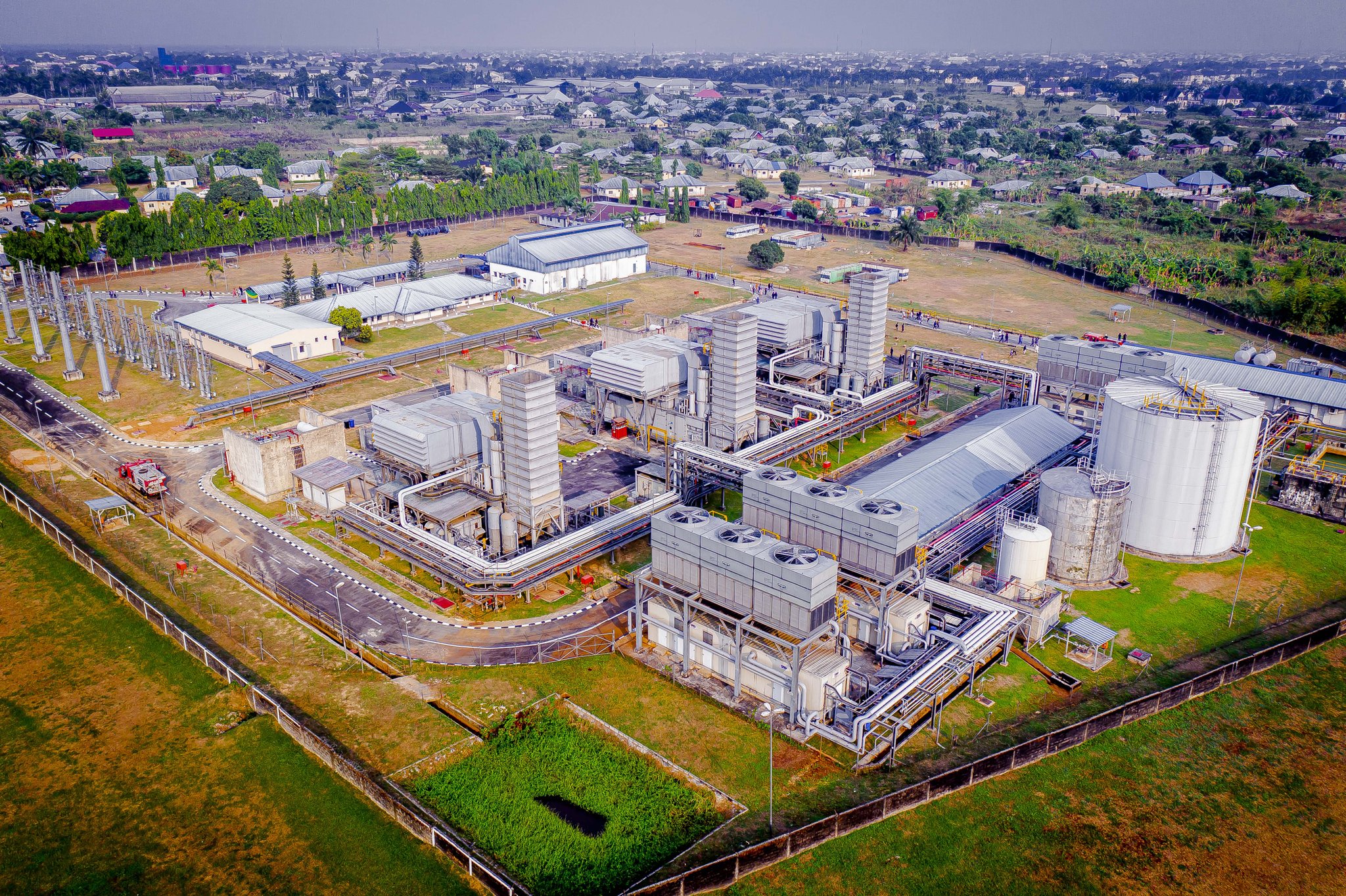Chevron Corp. is looking to expand its exploration holdings in key African oil markets, including Nigeria and Angola, as the company anticipates a potential rebound in production despite a history of decline in the region.
In an interview in Cape Town, the Vice President of Global Exploration at Chevron, Liz Schwarze, highlighted West Africa as a hydrocarbon-rich area that remains relatively under-explored compared to other global oil regions, according to Bloomberg.
Schwarze emphasized that the region offers significant untapped potential, with Chevron planning to invest in further exploration and development to capitalize on emerging opportunities.
The move comes as Chevron seeks to diversify its exploration portfolio and enhance production in high-potential regions.
He said, “such a hydrocarbon-rich part of the world and relatively under-explored compared to other jurisdictions. The proof is in the action.”
Chevron Nigeria is planning to ramp up its oil exploration activities following a recent discovery in the Niger Delta, which could produce up to 17,000 barrels per day.
Chevron Nigeria is planning to ramp up its oil exploration activities following a recent discovery in the Niger Delta, which could produce up to 17,000 barrels per day.
The “near-field find” was made at the Meji NW-1 well within Petroleum Mining Lease 49, located in the shallow offshore area of the Western Niger Delta.
In the statement, Chevron explained that the discovery aligns with its broader global exploration strategy, which focuses on identifying new resources that can extend the life of existing assets and facilitate faster development and production.
Last year, President Tinubu set an ambitious goal to increase Nigeria’s crude oil production to 4 million barrels per day by 2030, even as multinational companies scale back their onshore operations.
In recent years, oil giants such as ENI, AGIP, Shell, and Exxon Mobil have either completed or announced plans to divest their onshore oil and gas assets, signaling a shift in the country’s oil sector.
Nigeria has howevwr. struggled to increase its oil production to meet both its OPEC quota and domestic refinery demands.
Since the beginning of the year, the country’s output has remained consistently between 1.2 and 1.3 million barrels per day, falling short of its production targets.










